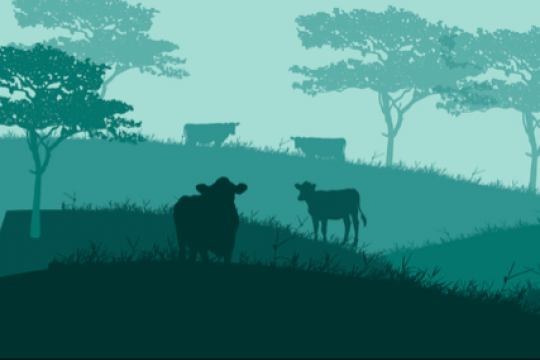Livestock farming plays an important role in global climate change, representing 14.5% of anthropogenic greenhouse gas (GHC) emissions. With 1.9 GtCO2e emitted annually, the Latin American and Caribbean region (LAC) presents the highest level of emissions from the livestock sector worldwide.
This document summarizes the governance analysis of bovine livestock NAMAs, or low-emission cattle farming initiatives, that are either underway or in formulation in LAC. It focuses on the legal and institutional frameworks and the key aspects related to stakeholder framework structure and design, associated with an effective and sustainable governance model.
This investigation establishes a comparative analysis of the legal, regulatory and institutional frameworks on which livestock NAMAs are embedded; this, from nine LAC countries (México, the Dominican Republic, Guatemala, Honduras, Costa Rica, Colombia, Argentina, Uruguay and Paraguay).

